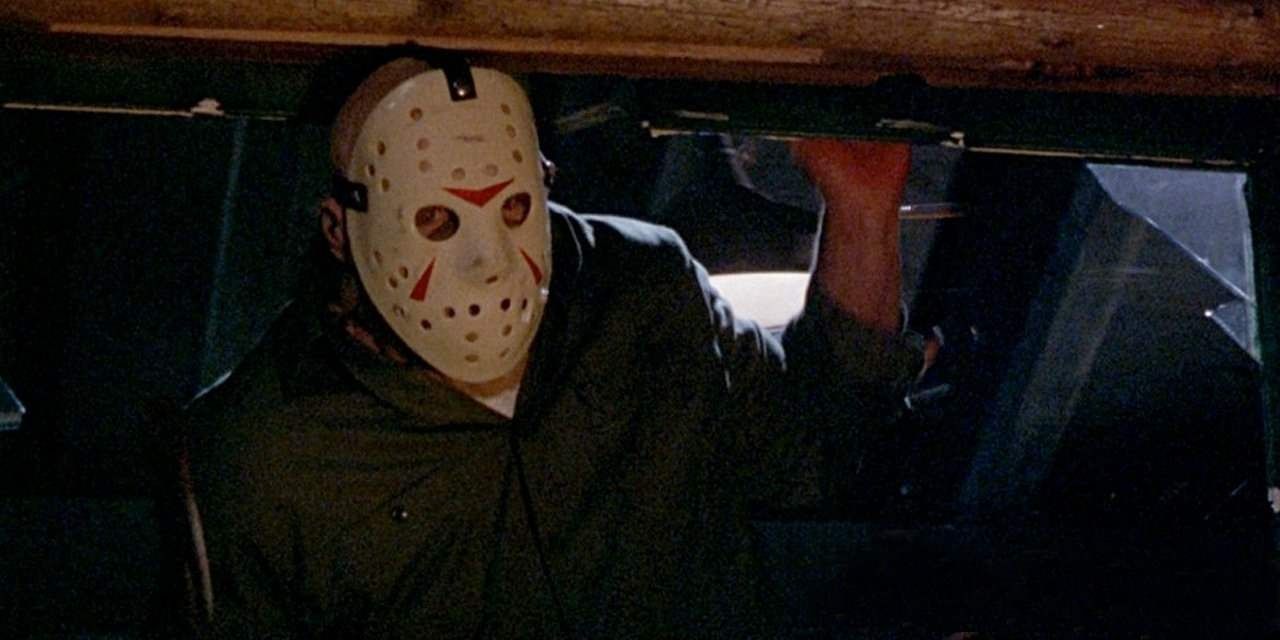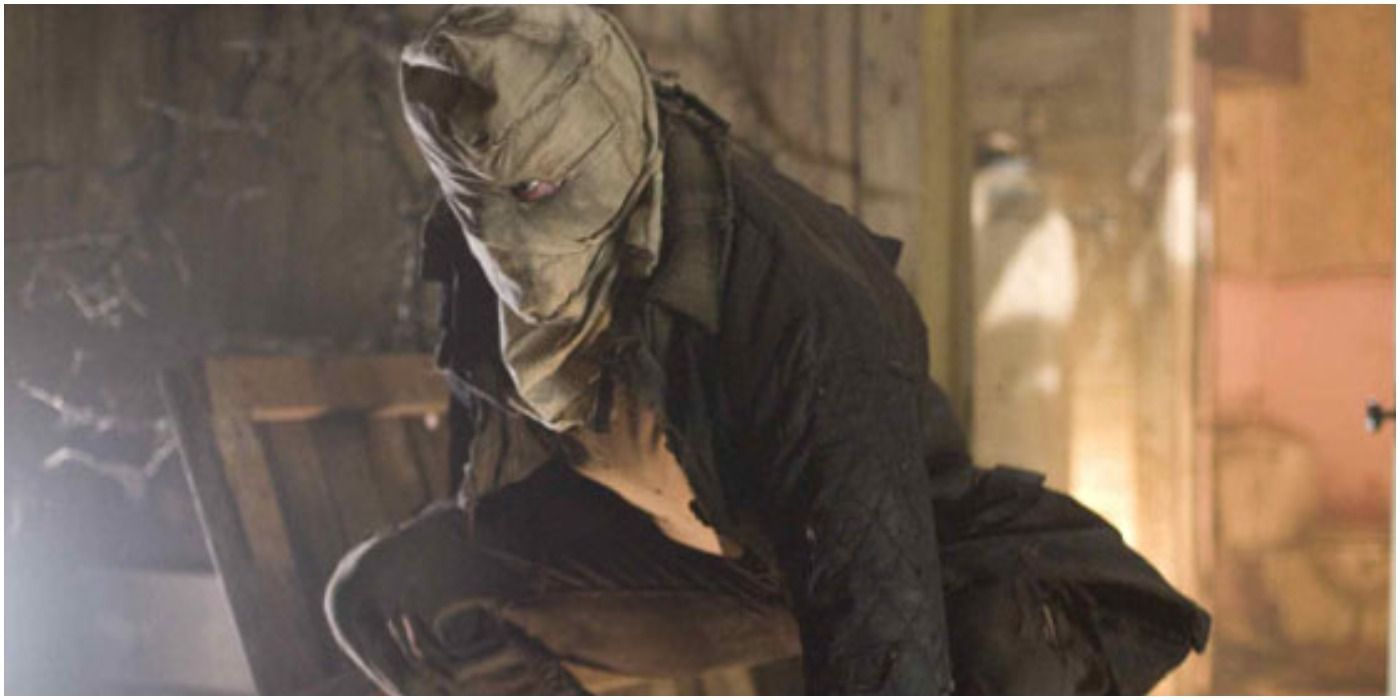One of the most iconic franchises of the slasher genre, Friday the 13th comprises 12 films from 1980 to 2009. Tragically, the last Friday the 13th film released was the heavily maligned Platinum Dunes remake, but is that film really deserving of all the hate its gotten over the years?
The late 2000s was the golden era for awful remakes of beloved horror films, a huge percentage of which were produced by Micheal Bay's company Platinum Dunes. From Amityville to Elm Street, Platinum Dunes created drab, pointless, uninspired garbage, often out of formerly fantastic materials. It became inevitable that Dunes would lay its cursed hand upon the killer of Crystal Lake.
RELATED: Friday The 13th Star Adrienne King Returns For Fan Film
The original Friday the 13th was released in 1980, as a blatant cash grab attempting to capitalize upon the success of John Carpenter's Halloween. Unlike other luminaries of the slasher genre, which was in its peak at the time, Friday the 13th did little to innovate. While Nightmare on Elm Street was creating surreal nightmare worlds and Maniac was boldly placing audiences inside the mind of the killer, Friday the 13th was a blisteringly straightforward teenager murder montage. For all it created, the first film really bears little resemblance to the iconic franchise it created.

The original film featured crazed mother Pamela Voorhees slaughtering teenaged camp counselors in vengeance for the death of her son. By the second film, Jason Voorhees took his rightful place as the masked killer of the franchise. In the third, he stole a hockey mask from a victim, which swiftly became one of the most iconic horror props. The fourth film solidified the formula, but its subtitle, The Final Chapter, inaccurately marked it as the end of the franchise. Not so, as in the sixth film, Jason is struck by lightning and resurrected from his grave, thus making him an immortal zombie for the remainder of the franchise.
Some might recognize the plot, concepts, and iconography of this long-running franchise to be largely slapped together from one film to the next. As films, each of the 11 originals has its merits, either as violent slashers for fans of gore or comedy classics for fans of bad film. The films have a sense of humor about their formulaic nature, as well as a reasonable embrace of slapstick. The strangest element of the franchise is its longevity, Friday the 13th released alongside dozens of near-identical slashers with random weapons. By the mid-80s, all but the big franchises died off and the genre became buoyed almost exclusively by Friday the 13th, Halloween, and Nightmare on Elm Street.
Against all odds, Friday the 13th happened to be the chosen one amongst Halloween ripoffs, and gradually developed iconography that is inextricable from American horror cinema. How the film defeated arguably superior entries like My Bloody Valentine or Just Before Dawn is a fascinating question. The first film made almost 40 million dollars on a budget well under 1 million, so a franchise was almost unavoidable. The franchise, like its protagonist, almost died multiple times between Paramount's desire to distance itself to the MPAA's crackdown on violence. Somehow Jason Voorhees survived it all, took Manhattan, went to Hell, went to space, and fought Freddy Krueger before he finally met something he couldn't beat; a full continuity reset.

In 2009, Friday the 13th was remade, the sixth classic horror film to undergo the Platinum Dunes treatment. Judging on its merits, the remake is an awful film. The writing is idiotic, the visuals are boring, the scares are toothless, and despite junking the tangled web of conflicting continuity, the plot still doesn't make any sense. It is sort of a remake of the first four films, speeding through the first in a cold open before messily slapping together parts 2, 3, and 4. The film's worst sin is replacing most of Tom Savini's iconic practical effects of the original with cheap CGI, a common problem of Platinum Dunes' remakes. The music is also a significant downgrade from the original films. It's bad, but ultimately, it is not uniquely bad for the franchise.
Every character being a lame stereotype, an incomprehensible plot, terrible writing, and constant meaningless sex and violence are the building blocks of the Friday the 13th franchise. Much like its predecessors, there are a few enjoyable aspects to the remake. Jason is retooled slightly, less lumbering monster and more murderous super-human. He runs, fights, and sets traps in ways unheard of from previous versions. Though the action is shot with a disorienting frantic sway, what can be seen is occasionally exciting. With all its problems, some of which are a distinct drop in quality from its forbearers, the film is not far from the low standard of quality held up by the franchise.
Does 2009's Friday the 13th remake deserve the criticism it gets? Yes, mostly. It's definitely a bad film, and the deviations from the source material make it a rough watch for fans, but critics should not pretend it's anything other than business as usual for the iconic slasher franchise.

